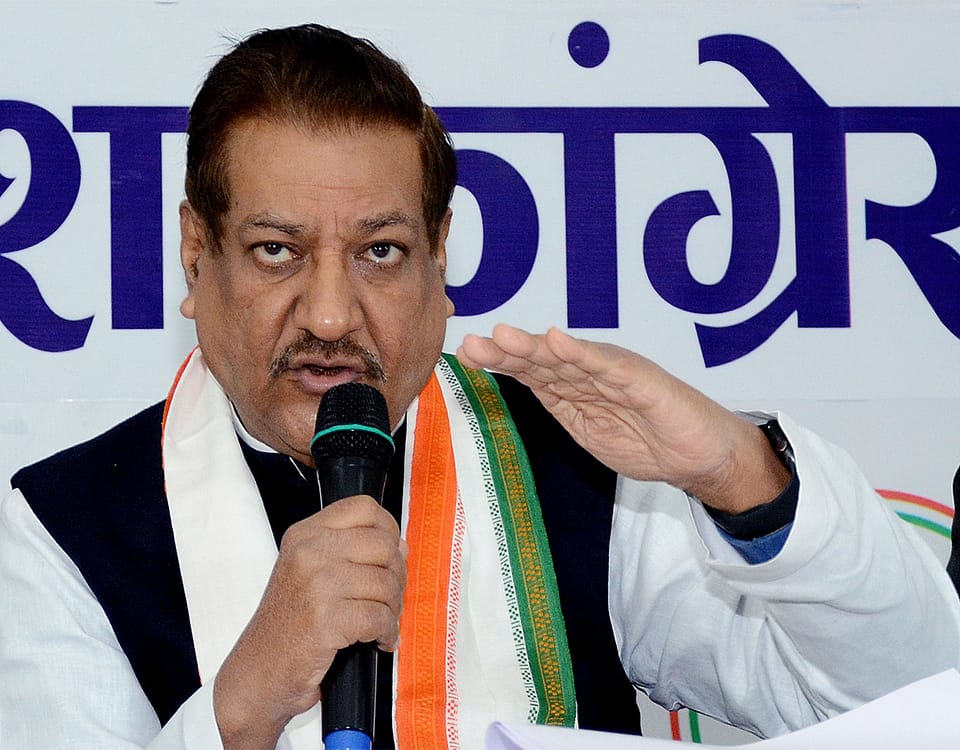
UAE Issues Safety Alerts for Citizens Abroad Amid Protests, Storm Risks
October 3, 2025
Trump sets Sunday night deadline for Hamas to accept Gaza peace plan
October 3, 2025Riyadh / Jeddah, 4 October 2025 — Saudi Arabia has introduced sweeping regulations for Umrah pilgrims, tightening controls at every step from visa application to transport and accommodation. These measures are intended to streamline logistics, reduce fraud, and ensure pilgrim safety. The changes took effect mid-2025 and have already stirred discussion among agencies, travelers, and religious authorities.
Below are 10 key changes every prospective pilgrim should know — drawn from official sources, private operators, and media reports.
1. Hotel Booking Becomes Mandatory for Visa Application
From June 10, 2025 onward, pilgrims must upload verified accommodation contracts via the Nusuk Masar platform before applying for an Umrah visa. Unsuitable or unlicensed hotels will be rejected.
2. Transportation Must Be Pre-Arranged & Linked
It’s now required that transport — airport transfers, intercity travel, authorized taxis — be booked and registered in the Nusuk system. The visa will not proceed without confirmation.
3. Tourist Visas No Longer Valid for Umrah (in many cases)
Officials warn that pilgrims attempting Umrah on tourist visas risk being denied access to key sites like Riyaz ul Jannah in Madinah. The new system insists on dedicated Umrah visas processed through Nusuk for most foreign pilgrims.
4. Stays with Relatives Need Saudi Host’s Unified ID
If a pilgrim opts to stay with family or friends, the host’s Saudi Unified ID must be registered and tied to the visa application. Any changes in plan must also reference that ID. (This measure is reported by operators and local agencies; I did not find an official source explicitly confirming it yet.)
5. No Last-Minute Itinerary Changes Allowed
Once you submit your itinerary in the application, it becomes fixed. Postponement or extension may incur fines or visa blocks. Some reports suggest penalties as high as SAR 750 per person for changes.
6. Visa on Arrival for Some Nationalities with Conditions
Citizens or residents of the UK, U.S., Canada, or Schengen Area may be eligible for visa on arrival — but only if they meet certain conditions, such as having previously visited those countries. (This rule is reported by operators and media commentary; I did not find a definitive official decree yet.)
7. Airport Officials Will Verify All Bookings
Upon arrival, authorities will cross-check your hotel and transport bookings in the Nusuk / Masar portals. Missing or noncompliant reservations may lead to fines or denial of onward movement.
8. Only Approved, Licensed Transport Allowed
Pilgrims must use registered taxis, authorized buses, or trains linked via the Nusuk platform. Hail a random car from the airport? Risky. Such usage could be penalized.
9. Timings & Train Limits to Be Noted
For example, the Haramain Express train operates only until 9 pm. If you land late, you must rely on alternative pre-booked transport.
10. Heavy Penalties for Violations
Violations — whether unauthorized transport, changing accommodations without approval, or overstaying — can result in fines (starting around Dh 750 or equivalent) and other penalties for both pilgrims and agencies.
Why Did Saudi Change the Rules?
These changes are aligned with Saudi Vision 2030, aiming to digitize religious tourism and enhance oversight. By using a centralized platform (Nusuk / Masar), authorities seek to:
- Curb fraudulent and unlicensed operators
- Ensure pilgrims stay in approved, quality accommodations
- Improve crowd and movement management
- Increase transparency and accountability in the visa process
The shift also places more responsibility on pilgrims and agencies to plan meticulously and comply strictly.




